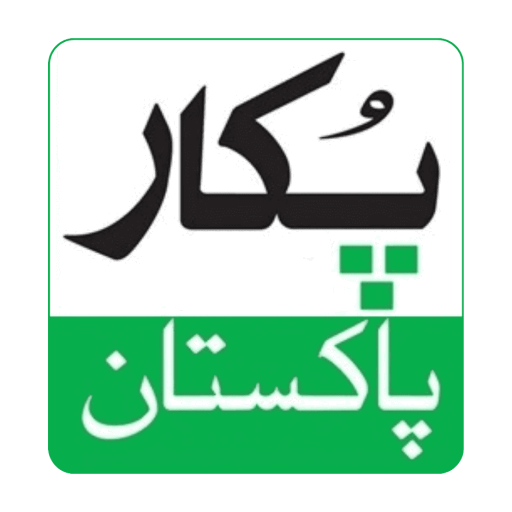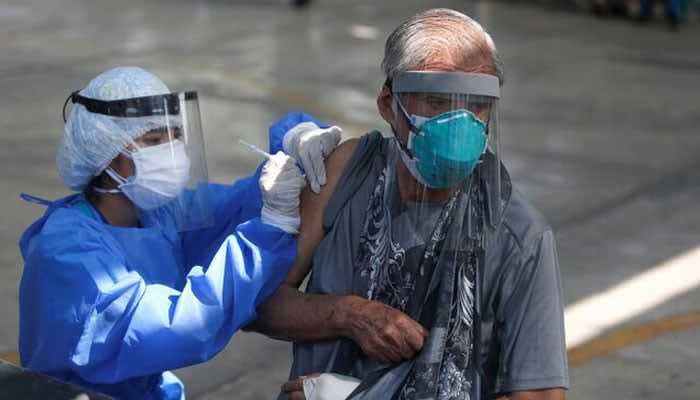ISLAMABAD: The World Health Organization (WHO) has once again highlighted the critical role of COVID-19 vaccination in public health, emphasizing the need for updated vaccine formulations to address evolving variants of the virus.
In a recent statement from its Technical Advisory Group on COVID-19 Vaccine Composition (TAG-CO-VAC), the WHO recommended retaining the monovalent JN.1 lineage variant in future COVID-19 vaccines. This variant-specific approach aims to boost immune responses against the circulating SARS-CoV-2 variants, ensuring enhanced protection for global populations.
Evolving Variants Pose New Challenges
Despite significant advancements in vaccination efforts, the SARS-CoV-2 virus continues to evolve genetically. This evolution, particularly in its spike protein, has led to the emergence of new variants that challenge public health systems worldwide.
The WHO has noted that these genetic changes necessitate an updated approach to vaccination. The JN.1 lineage, along with its descendent lineages like KP.3.1.1 and XEC, currently dominate global circulation and pose significant risks if left unchecked.
Monovalent JN.1 Vaccines: A Strategic Recommendation
Research has demonstrated that monovalent JN.1 lineage vaccines are highly effective in generating strong neutralizing antibody responses. These vaccines offer robust protection against severe disease and death, particularly in high-risk groups such as individuals aged 65 and older or those with underlying health conditions.
Additionally, studies reveal that vaccination with monovalent JN.1 or KP.2 antigens significantly increases antibody titers, offering better defense against circulating variants. This evidence underscores the necessity of adopting vaccines that align with the most prevalent virus strains.
Global Vaccination Programs Must Continue
TAG-CO-VAC has urged all member states to continue COVID-19 vaccination programs without delay. Countries should use any WHO emergency-use listed or prequalified vaccines to ensure widespread immunity.
The advisory group also called on vaccine manufacturers to focus on developing formulations that sustain strong immune responses against emerging variants. This proactive approach will be essential for addressing future challenges in combating the virus.
Strengthening Surveillance Systems
One major hurdle identified by the WHO is the gap in genomic surveillance and epidemiological reporting by member states. These gaps hinder the ability to monitor trends and assess the impact of emerging variants effectively.
The WHO has emphasized the need to strengthen these systems to ensure timely detection and response to SARS-CoV-2 mutations. Improved genomic surveillance is vital for guiding vaccine updates and public health strategies.
Balancing Protection and Practicality
While existing vaccine formulations remain effective, TAG-CO-VAC encourages ongoing research into new vaccine antigens derived from recent variants. Future vaccines must strike a balance between providing broad immune responses and ensuring practical global distribution.
The WHO’s standing recommendations stress the urgency of maintaining vaccination momentum, especially in light of persistent gaps in reporting and surveillance.
Regular Reviews to Address Emerging Challenges
As part of its efforts to stay ahead of the virus, TAG-CO-VAC will reconvene every six months to evaluate new data and provide updated recommendations. This iterative process ensures that vaccine compositions remain effective against emerging variants, safeguarding global health.
The WHO’s call for continued COVID-19 vaccination highlights the importance of adapting to the evolving nature of the virus. By prioritizing updated vaccine formulations, strengthening genomic surveillance, and maintaining robust vaccination programs, member states can mitigate the impact of SARS-CoV-2 and protect public health.
As the world navigates these challenges, the proactive efforts of TAG-CO-VAC and the WHO underscore the importance of vaccination as a cornerstone of global health security. With collective action and innovation, better health outcomes for populations worldwide are achievable.

